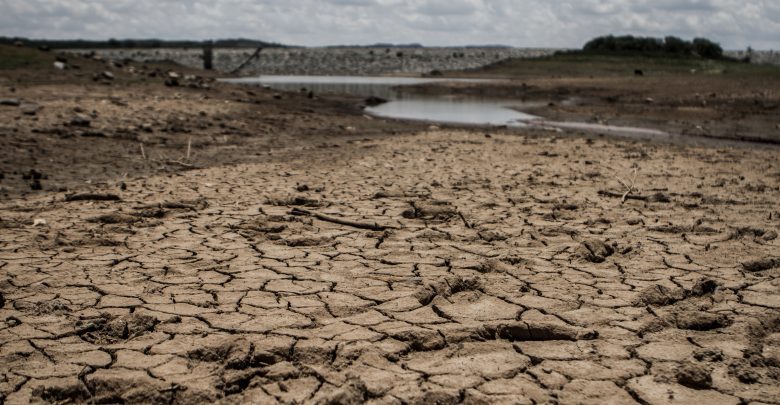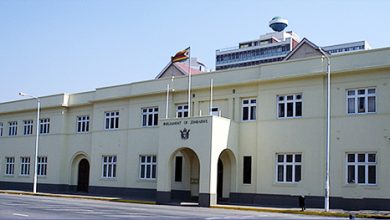Youths urged to tackle climate change with innovative ideas

United Nations Development Program (UNDP) resident representative for Zimbabwe, Dr Ayodele Odusola, has called on Zimbabwean youths to devise innovative solutions to enhance the agricultural sector in response to climate change challenges.
Dr Odusola made these remarks at the ZITF Innovative Forum 2024, emphasising the pivotal role of agriculture in Zimbabwe and the adverse impact of climate change on the sector.
He commended the efforts of Zimbabwean youths, particularly citing the innovative idea presented by “Hurudza AI,” an artificial intelligence solution acting as a contact centre to assist farmers with Climate Smart Agriculture interventions.
“Innovation is crucial for mitigating the challenges faced by key sectors, particularly in the context of climate change. The innovative solutions showcased, such as Hurudza AI, demonstrate the potential for advancing climate action and adaptation, aligning with global Sustainable Development Goals, particularly SDG 13 (Climate Action),” remarked Dr Odusola.
Dr Odusola noted that agriculture plays a very important role in Zimbabwe, yet climate change has harmed the sector.
“There is potential to incorporate innovative solutions to grow the Agricultural sector in Zimbabwe. Currently, the UNDP, is supporting climate change adaptation projects which have benefited more than 840, 000 smallholder farmers in building climate-smart agriculture, incorporating new techniques in water harvesting, crop and income diversification.”
Dr Odusola said UNDP’s CPD (2022-2026) will continue to invest more on climate change adaptation and the resilience of people and systems in support of the government’s vision 2030 agenda.
“UNDP-supported Green Climate Fund project is working with the Esigodini Agricultural College as one of the 5 Innovation Centres. The Innovation Platforms have been established to facilitate a transformative shift from subsistence-oriented farming to climate-resilient, commercial-oriented livelihoods of smallholders,” he said.
“These platforms are intended to address barriers of limited access to knowledge, markets, and value chains by building and coordinating ongoing public and private sector support to climate-resilient smallholder production, value chain coordination, and market access.”
He also raised concerns on various factors that affect young people’s ability to come up with innovative solutions.
“In the face of young people’s enthusiasm towards problem-solving for sustainable development, there is a remarkable consensus on the factors that impede youth innovation –perhaps the most obvious is lack of financial resources. However, limited networks, market barriers, negative perceptions of young people, and lack of business experience also feature as identifiable and significant challenges that young innovators for the SDGs must overcome,” he said.
“Also, lack of data to support policy-making on youth-led innovation remains an overarching concern, with significant effects on young people’s ability to create and implement solutions for sustainable development.
“Biased perceptions of young people and a lack of business experience also feature as identifiable and significant challenges that young innovators constantly face. However, for us to advance as a nation and continent, supporting youth-led innovations to achieve the SDGs is of paramount importance.”
Dr Odusola reiterated the importance of working together to set up a Startup Bill, or Startup Act, which will support the growth of the tech startup ecosystem.
He said by working closer with young people, whether through public programs, or incubators or accelerator hubs, youth-led solutions can be better equipped to contribute to specific SDG targets, only if they are given enough support to grow and thrive.






